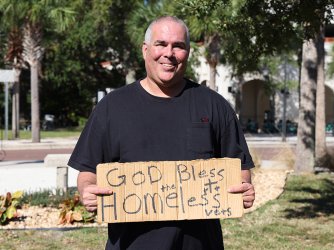Table of Contents
A weird state law lets Virginians sue books. Politicians are using it to dictate what we can read.

Book bans seek to enlist the power of the state to dictate what each of us and our families may or may not read — and thus are sharply at odds with the First Amendment and our pluralist democracy.
That’s the message delivered by FIRE and the Woodhull Freedom Foundation in an amici curiae "friend of the court" brief filed today with a Virginia state court tasked with determining whether two award-winning books, Maia Kobabe’s “Gender Queer” and Sarah J. Maas’ “A Court of Mist and Fury,” are legally obscene.
Book bans are antithetical to the First Amendment and the pluralist values it protects.
In May, two Virginia politicians filed a petition against the books in Virginia Beach Circuit Court, seeking declarations of obscenity that, pursuant to state law, would prohibit bookstores from selling either work. Their request invoked a rarely-used state law that allows Virginians to sue books and to compel their publishers and authors to defend them in court. After a retired state judge found “probable cause” that the works are “obscene for unrestricted viewing by minors,” the petitioners sought temporary restraining orders to bar commercial distribution of the book.
In today’s brief, FIRE and the Woodhull Freedom Foundation argue that neither book comes close to constituting obscenity as defined for minors under longstanding state and federal precedent. The books “will not appeal to or have value to every audience,” we recognize, but the First Amendment only requires that the books have “value to an audience” — and both plainly do.
Moreover, FIRE and Woodhull argue, book bans are antithetical to the First Amendment and the pluralist values it protects:
Some readers will choose not to purchase or read the books at issue in this case. Some retailers and some librarians will decline to place them on the shelves. Our Constitution reserves these choices for individuals and forbids them from the state. In our pluralist democracy, the First Amendment prescribes a remedy for audiences offended by protected speech: those who seek to avoid “bombardment of their sensibilities” may do so “simply by averting their eyes.” Cohen v. California, 403 U.S. 15, 21 (1971). Declaring books obscene because they include discussions or depictions of sex would reprise a discredited era of censorship repudiated by decades of Supreme Court precedent.
Drawing a link between the “current national push to ban books discussing sexuality, identity, and other controversial topics” and the “increasing comfort with censorship that amicus FIRE has fought against for over twenty years on campuses nationwide,” our brief makes the case for freedom of thought.
To prevent politicians from deciding for the rest of us what our families may read, we ask the court to remember what we’ve told college administrators for years: Subjective offense is no justification for censorship.
Recent Articles
FIRE’s award-winning Newsdesk covers the free speech news you need to stay informed.


FIRE Statement: X Corp's lawsuit and Texas's investigation into Media Matters for America are deeply misguided

Anonymous speech is as American as apple pie
